IICA-organized “Chicas a Volar” rallies provide opportunities for professional growth and empowerment, say Costa Rican women
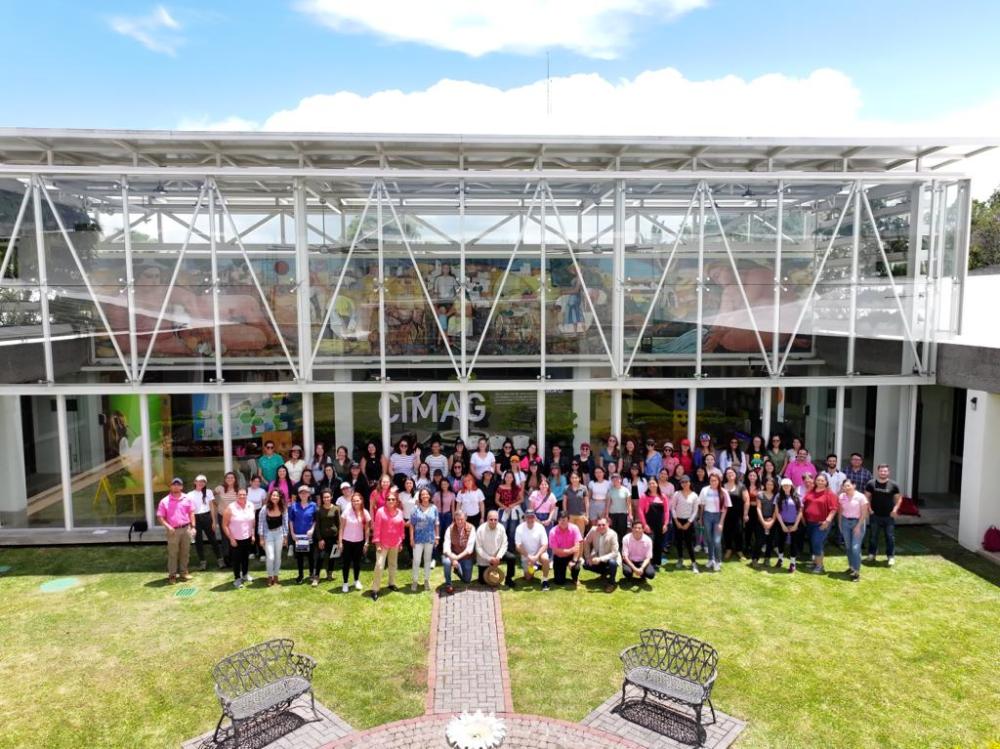
San Jose, 15 August 2023 (IICA). Close to 70 Costa Rican women achieved growth, empowerment and access to new professional opportunities through their participation in the most recent edition of the “Chicas a Volar” female rally on Saturday, August 5, in San Jose. The rally was organized by the Digital Fabrication and Community Innovation Lab (FabLab-LINC) of the Inter-American Institute for Cooperation on Agriculture (IICA).
Natalia Ledezma, a third-year marine biology student at the National University (UNA) of Costa Rica, was among the participants in this theoretical and practical training session in drone operation at IICA Headquarters. She highlighted the fact that the experience provided her with access to new technologies and enhanced her professional growth.
“Marine biology is a field that requires greater technological assistance, but this technology must be affordable. We have underwater devices, but they are very expensive. Through the use of drones, however, we can carry out cetacean sightings and use cameras with sensors to examine the ocean and conduct research on its surface, corals and reefs”, explained the 22-year-old.
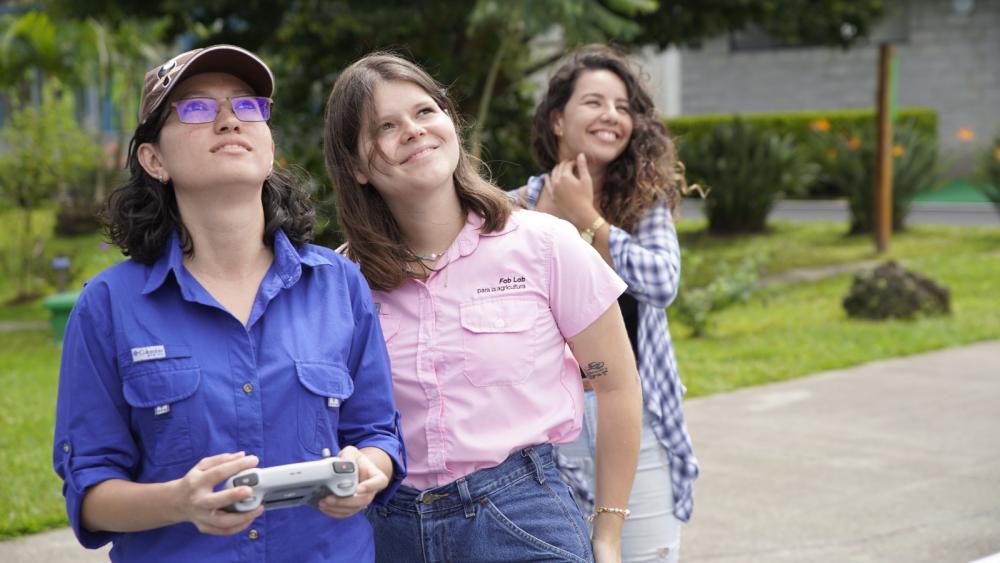
A native of Palmares (about 53 km from San José), Ledezma explained that experimenting with unmanned aerial vehicles is a one-of-a-kind experience. “Very few companies provide beginners with permits to even touch a drone in a single session, so this is a very valuable opportunity for us”, she added.
Cristina Weidlich, a 37-year-old communications specialist and environmental manager, also had the opportunity to receive training and fly a drone for the first time. She commented that she grew up in the world of agriculture, in Santa Barbara de Heredia, hence her interest in this type of training.
“It was a wonderful experience. I love the fact that more and more women are flying drones, and that we can apply drones in fields such as agriculture. I am writing my thesis project on linkages between society, nature and gender. I think it is crucial to use technologies in different fields and find ways to bring them to rural areas”, commented Weidlich.
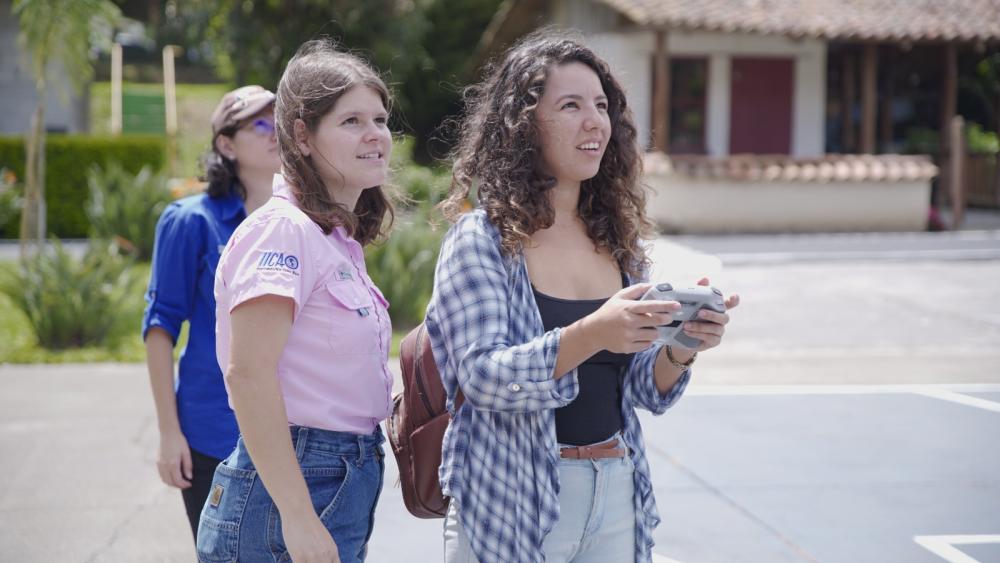
Marisela Sanabria, a 49-year-old aeronautical and space psychologist from Moravia, who participated in the rally at IICA, said: “I work a lot with women in the field of aviation and aerospace, so I really enjoy these topics and getting to know the people involved in those areas. Today, I learned a little more about flying a drone and I love the fact that the training was geared specifically towards women”.
The four “Chicas a volar” rallies that IICA has organized so far this year have provided training to more than 320 women. The most recent edition included participants from San José, Heredia, Limón, Cartago, Alajuela, Pérez Zeledón and Liberia.
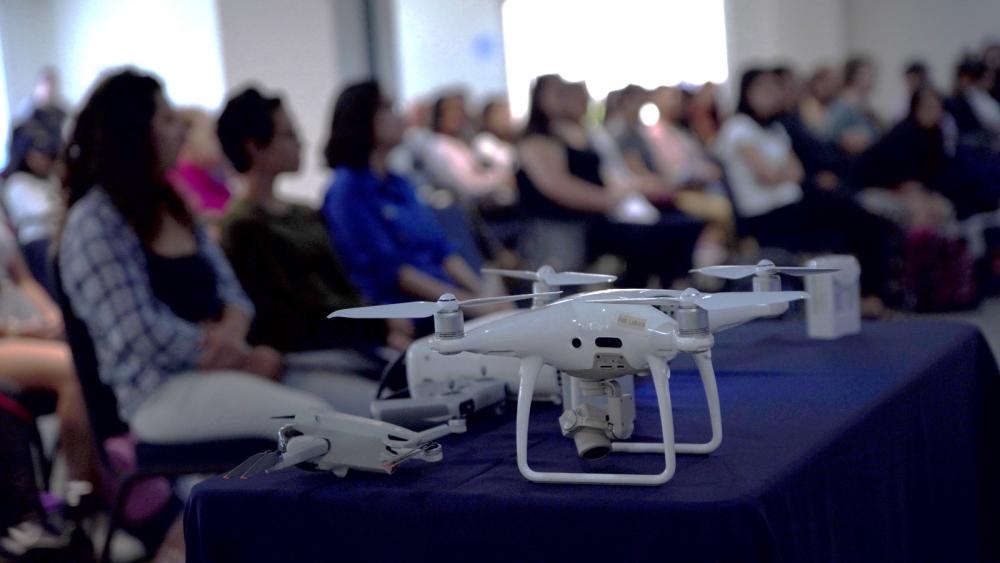
“Drones have very advanced applications in agriculture and in geospatial technology, but, unless we know how to operate the equipment, how it works and how to initially calibrate it, we won’t be able to develop them. Through this training, we bring this technology closer to people, transforming fear into respect. Our goal is for people to professionally engage with and take ownership of this technology”, noted Jonathan Castro, Coordinator of IICA’s FabLab.
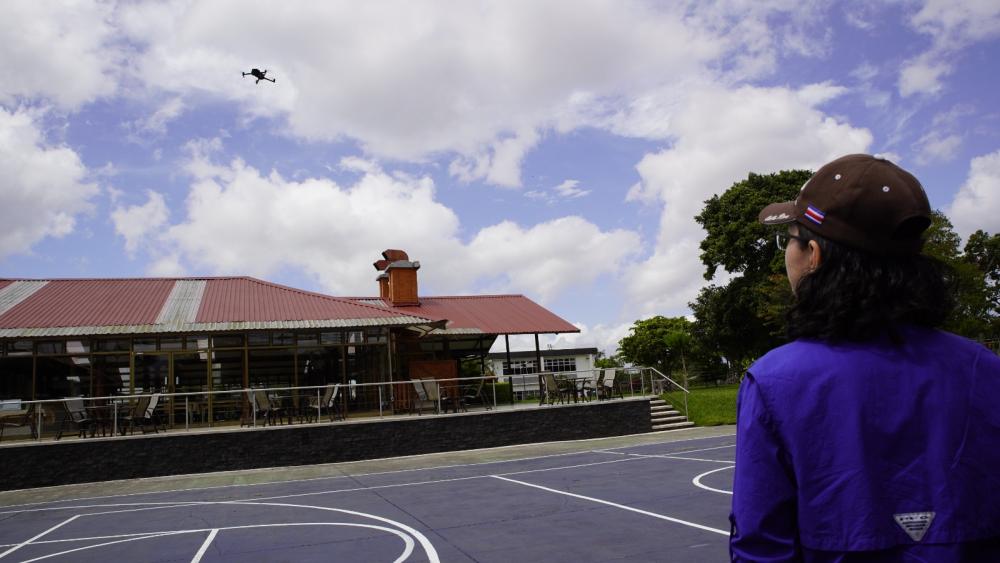
In addition to learning how to operate drones, participants also visited the FabLab-LINC at IICA Headquarters, which seeks to foster the development of low-cost technologies that can resolve specific issues in rural communities. They also toured the Interpretive Center for Tomorrow’s Agriculture (CIMAG), which demonstrates the ways in which digital technologies can bolster the inclusion of youth and modernize the agriculture sector of the Americas.
More information:
Institutional Communication Division.
comunicacion.institucional@iica.int